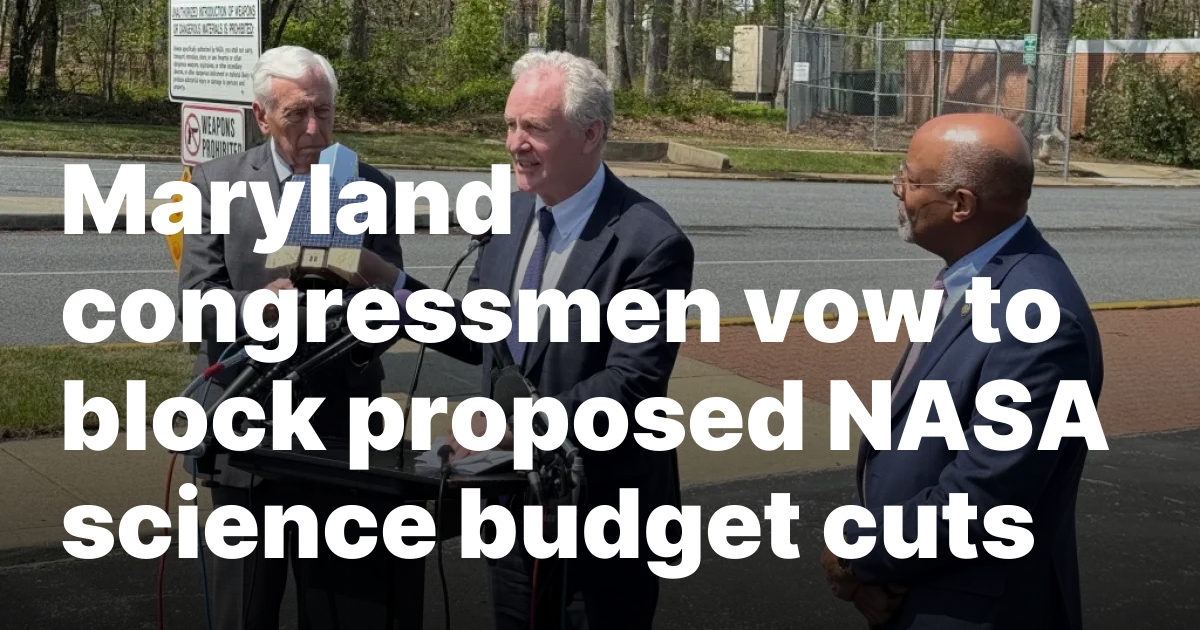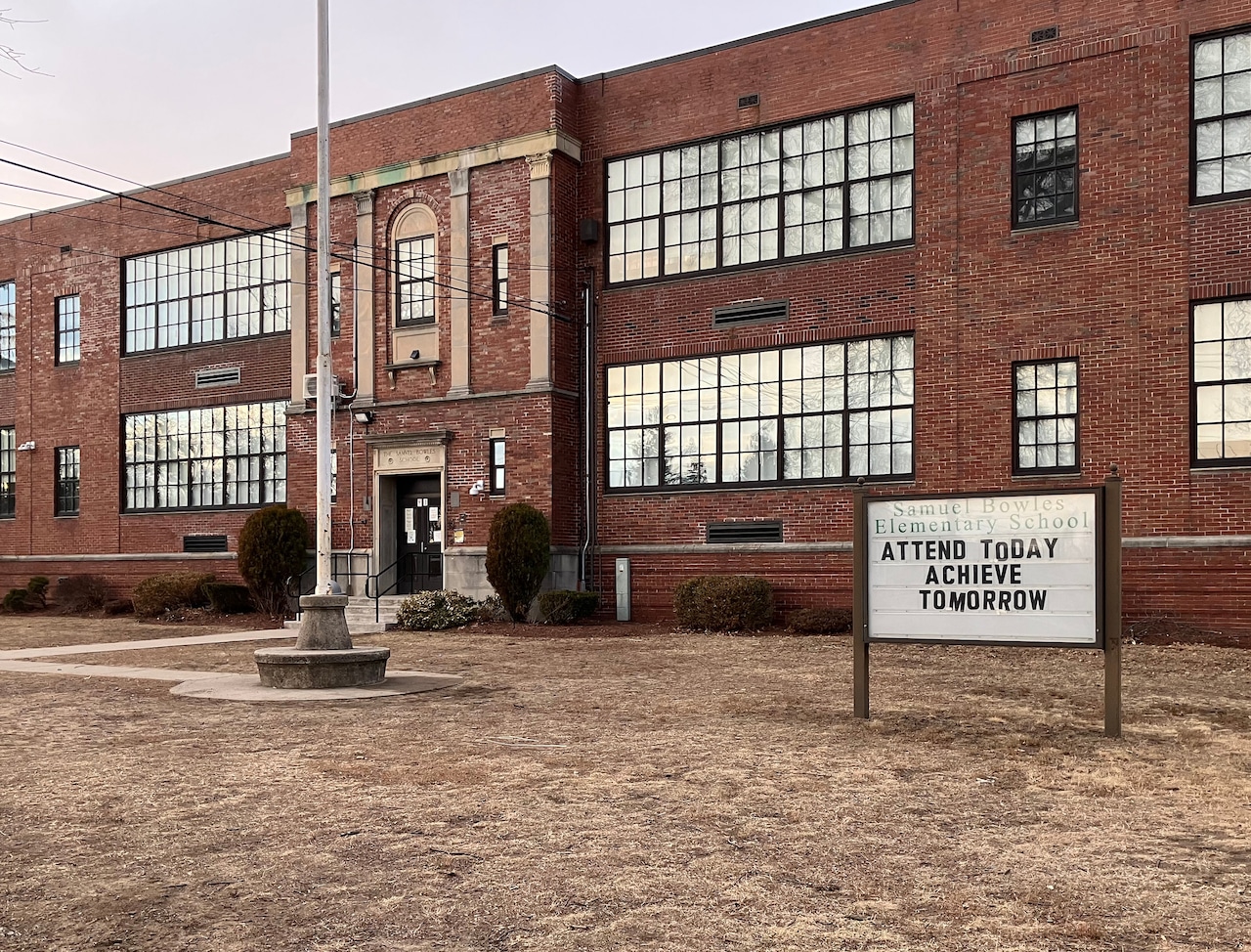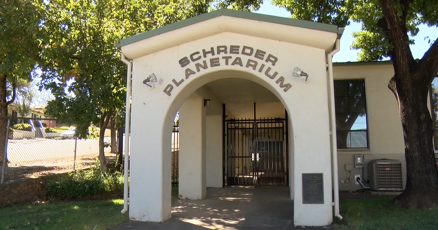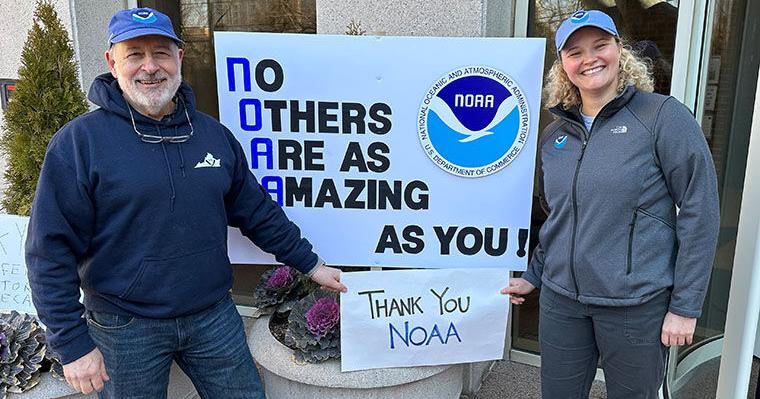
Unsolved Mystery: The Lingering Shadows of Nongjian Tao's Controversial Death
In the complex landscape of academic research and international tensions, a tragic story has emerged surrounding the death of a Chinese researcher. During the heightened scrutiny of the China Initiative era, a police report revealed that the researcher, identified as Tao, died by suicide, with investigators pointing to overwhelming work-related stress as a critical factor. The circumstances surrounding Tao's death highlight the immense pressures faced by researchers in an increasingly challenging academic environment. The China Initiative, a controversial program that cast a wide net of suspicion over Chinese academic and research communities, created a climate of intense professional and personal strain. The police report's conclusion underscores the profound mental health challenges that can emerge when professional expectations and external pressures converge. Tao's story serves as a poignant reminder of the human cost hidden behind academic and geopolitical tensions, revealing the deeply personal impact of broader systemic challenges. While the specific details remain sensitive, the incident prompts critical conversations about workplace support, mental health resources, and the need for compassionate approaches in high-stress research environments.









